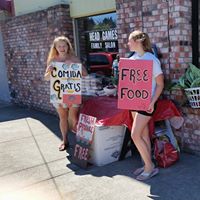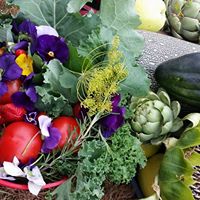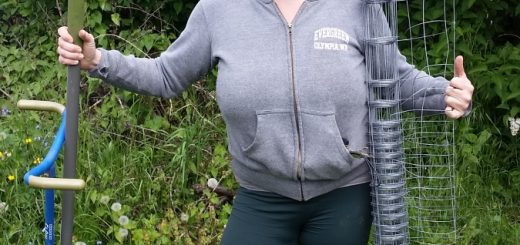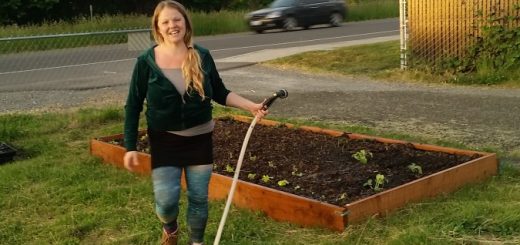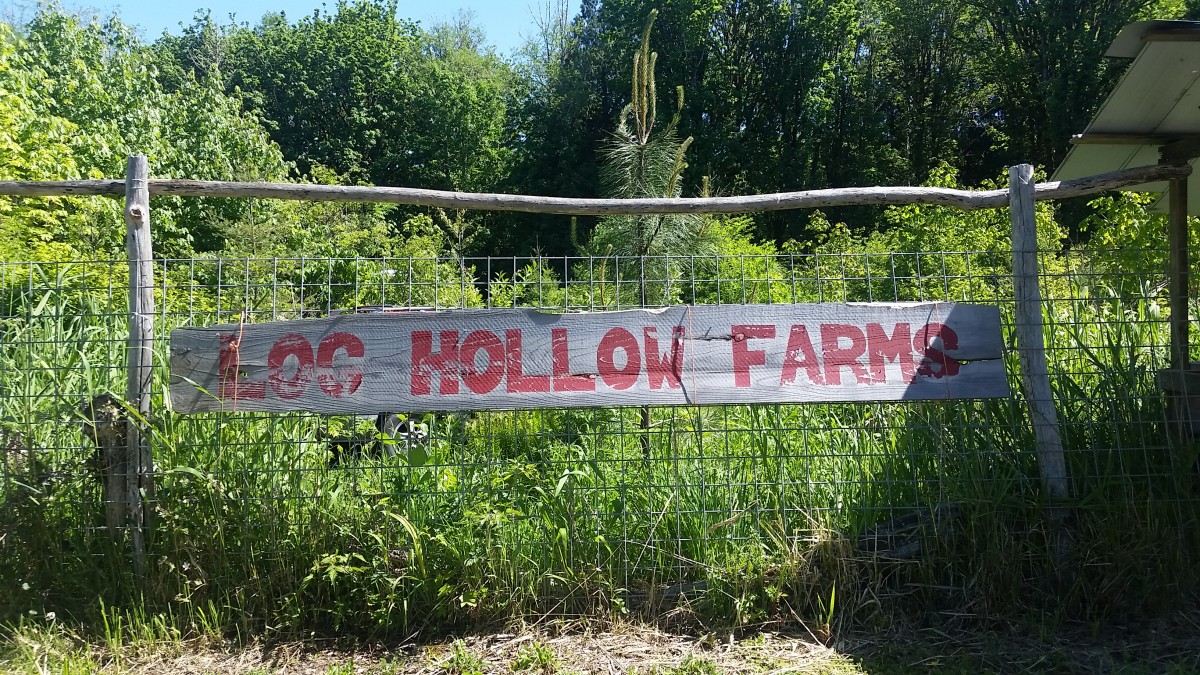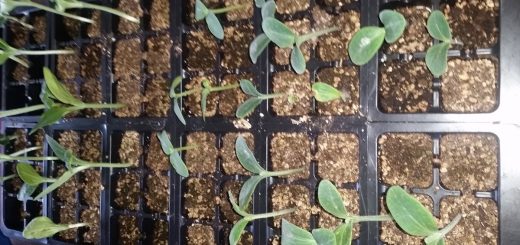Seminar week 6
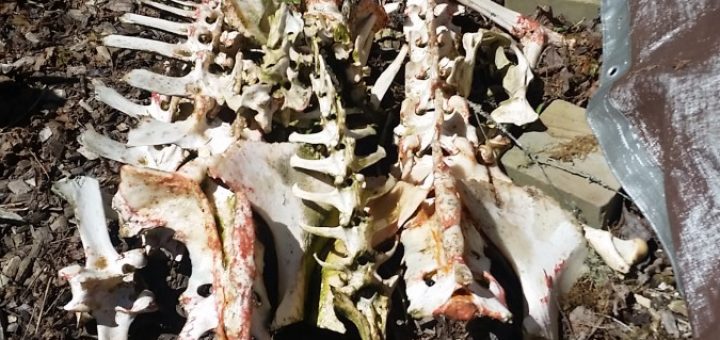
Triggering Passages:
“The volunteers were cheerful, the guests uniformly grateful, smiling shyly, saying “Gracias.” At shift’s end, I almost forgot the underlying irony: Workers who pick the food we eat cannot afford to feed themselves” (Estabrook, 107)
“They discussed their poverty and the brutal conditions they worked under and decided that if they worked together, no longer looking down or turning away from abuse they could improve their conditions. That group became the Coalition of Immokalee Workers.” (Estabrook 108))
“How can you tell if a fish is fresh? The first thing to do is to look into its eyes. They should be bright and free of any cloudiness. Press a fingertip against its belly. The flesh should bounce right back. The gills should be brilliant red. And finally, sniff your potential purchase. It should smell like a fish, but not fishy”
(Grosvenor, 68)
|
||
|
“Indeed, it was these agrarian roots that made Africans so valuable to the development of white supremacist capitalism in the Americas today.” (Brandele/Myers, 3)
Is eating some produce in any way similar to purchasing cotton in the times of chattel slavery? I am a vegetarian of 22 years and I am not sure that eating a fruit or vegetable that was grown, harvested, or processed under inhumane conditions is any better than eating animals from factory farms. At least when an animal’s body is consumed their suffering ends.
It was difficult to pick only one triggering passage from Tomatoland. The whole section was pretty triggering and eye opening. I have admit that I read ahead during week one so I kind of knew what was coming. This book did have an effect on me. I have not bought a tomato since the quarter started. I am looking at becoming more of a localvore. If I could stomach the idea of eating meat I would even consider eating locally raised animals a kinder alternative than eating fruits and veggies that were grown or picked under unknown circumstances.
I was taken aback at the description of how to tell if a fish is fresh. The whole thing-poking its flesh, sizing up its eyes, smelling it-seems so animalistic. It seems so raw and beastly. It made me stop and think of a person and our predatory instincts. Our ability to put our own hunger and desire over the rights of others to be free of suffering. Hunger and desire are powerful.
I can imagine that I will still occasionally buy foods like coconut and avocado-foods that I did not see grown-even now that I have read Tomatoland. I do think that I will continue to reduce my intake of food that I did not personally grow and harvest for many reasons. One of them is the suffering of people who came here looking for work only to be snatched up as modern-day slave laborers. I do care about people and how they are treated.
Another reason to avoid both factory farmed animals and slave produced foods is the spiritual energy attached to the foods. It is my belief that cells have memory and that a food that has been lovingly grown, harvested, and prepared is more filling, healthy, and beneficial to the mind as well as the body. I have been known to personally not eat a meal because the person serving it carried a lot of dark feelings. I think that energy can be absorbed and if we ingest food that has been created in harshness of spirit brings less nourishment.

